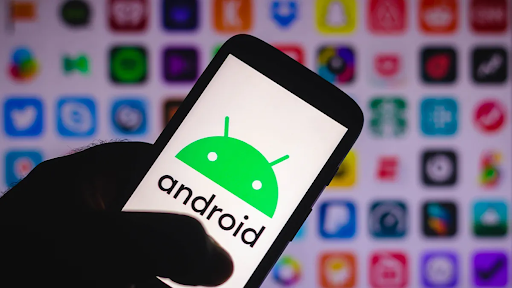The rapid development of technology in general and the internet in particular has made our lives so much easier in a wide variety of ways. But with this new power comes immense responsibility – and that responsibility is all too often abused. The privacy of internet users is often one of the most serious casualties of the digital revolution, with the phenomenon of doxxing one of the more concerning developments in recent years.
For the uninitiated, doxxing is a slang term which is short for “dropping documents”, which in itself is shorthand for revealing personal information about an individual. While this type of behavior existed long before the internet was invented, its commonality has become more widespread and its effects more serious. In this article, we’ll examine what doxxing is, whether or not it’s legal and how you can best protect yourself from it.
A closer look at doxxing
Doxxing first emerged as an internet phenomenon among the hacker community. Since guarding their anonymity is what hackers prioritize above all else, one disgruntled operator might take vengeance on another by revealing their identity.
However, the practice has since grown significantly in the past decade, with celebrities, politicians and other public figures being targeted by internet vigilantes. For example, the hacktivist group Anonymous doxxed hundreds of alleged members of the Ku Klux Klan in 2015.
Even more concerningly, anyone can find themselves a victim of doxxing nowadays. Given that our public information is found so readily online, everyday individuals can be targeted by personal enemies, scam artists, blackmailers or other cyber criminals.
Is doxxing illegal?
Revealing an individual’s personal information without their consent is a gross invasion of their privacy and is highly immoral. But is it against the law? Well, the exact wording of the legislation will vary from country to country and state to state, but the practice is certainly illegal in many places, especially because it can lead to stalking, bullying, cyberbullying and even death threats.
Indeed, there have been various high-profile cases of doxxers being taken to court and charged for their crimes. In one particularly newsworthy example, a disgruntled ex-Democratic staffer named Jackson Cosko pleaded guilty to doxxing five Republican Senators in 2019. He was later sentenced to four years in jail.
Unfortunately, the perpetrators of doxxing are rarely brought to justice for their misdemeanors – most commonly because they remain anonymous. Since the activity is usually carried out by experienced hackers, hacktivists and cyber criminals, they are well-versed in covering up their tracks.
How to stay safe from doxxers
Since tracking down doxxers can be tricky, the safest way to stay safe online is to prevent malicious actors from gaining access to your details in the first place. There are several ways you can go about this, including using a VPN for all online surf sessions, employing a secondary “junk” email address and mixing up your passwords.
However, there is likely to be a wealth of information about you already available online and you’ll need to clean this up to safeguard your online presence. You can start by auditing your social media profiles and removing any details which might compromise your safety, security or reputation.
What’s more, you can also take measures to remove your data from Google search engine results pages (SERPs). This will limit your exposure to doxxing attacks, since it will make harder for the offending party to find any information about you in the first place.
Doxxing is a real and increasingly commonplace occurrence that’s illegal in most parts of the world – but difficult to punish in all. Protect yourself pre-emptively to avoid falling victim to this cruel internet phenomenon.





